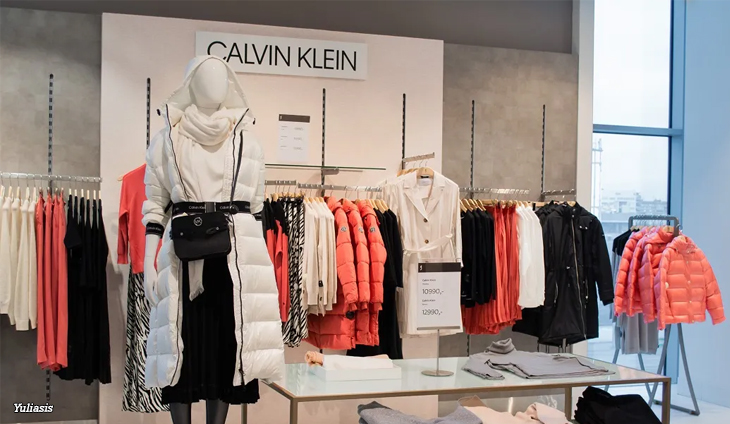China probes Calvin Klein over Xinjiang cotton
3 min read

China has initiated an investigation into PVH Corp, the parent company of well-known American fashion brands Tommy Hilfiger and Calvin Klein, over alleged “discriminatory measures” against suppliers of Xinjiang cotton. This move is part of a broader effort by Beijing to counter claims made by Western officials and human rights advocates that goods produced in Xinjiang are tied to forced labor involving the Uyghur ethnic minority.
The U.S. government had already banned imports from Xinjiang in 2021 due to similar concerns about human rights violations. In response, China’s Ministry of Commerce accused PVH of “boycotting Xinjiang cotton and other products without any factual basis.” The company has not yet commented on the matter but has previously stated its commitment to comply with the laws of all regions where it operates, including adherence to the U.S. Xinjiang law.
PVH has 30 days to respond to the Chinese authorities. Failure to adequately address the investigation could lead to the company being placed on China’s “unreliable entities” list, potentially resulting in further punitive actions.
Cullen Hendrix, a senior fellow at the Peterson Institute for International Economics, remarked that the timing of this investigation into PVH is somewhat ambiguous. However, he indicated that the scrutiny is likely to tarnish the company’s image among Chinese consumers. Furthermore, it serves as a warning to international corporations about the repercussions of yielding to Western criticism.
“China is asserting itself and reminding Western firms that their actions have real consequences,” Hendrix explained. He noted that the tactics of naming and shaming, commonly employed by human rights organizations in the West, could be wielded as a weapon by China in its own diplomatic engagements.
The probe into PVH comes amidst rising tensions between China and the West on various fronts, including electric vehicle technology and manufacturing practices. Recently, the U.S. proposed regulations aimed at prohibiting the use of specific technologies in cars produced in China and Russia, citing national security concerns.
In the past, China has also designated U.S. companies as “unreliable entities,” especially amid escalating trade tensions with Washington. Notable companies targeted have included defense contractors like Lockheed Martin and Raytheon, primarily due to their operations related to Taiwan.
Hendrix highlighted that targeting PVH—a consumer-facing company with recognizable American brands—indicates that the disputes between the two nations are extending beyond traditional sectors such as defense and advanced technology. “These issues have a way of affecting a wider array of supply chains across various industries,” he noted.
In its annual report, PVH had already warned investors about potential revenue losses and reputational harm stemming from ongoing controversies surrounding Xinjiang cotton. The company acknowledged that the situation has generated considerable scrutiny and backlash, not just from the United States, but from China and other regions as well.
PVH was also mentioned in a 2020 report by the Australian Strategic Policy Institute, which identified numerous companies allegedly benefiting from labor abuses in Xinjiang. At that time, PVH expressed its seriousness regarding the issue and committed to addressing it moving forward.
With over 29,000 employees globally and more than 65% of its sales generated outside the U.S., PVH faces significant challenges as it navigates these complex geopolitical waters. As international relations become increasingly strained, corporations must tread carefully to maintain their standing in diverse markets, balancing compliance with legal frameworks and navigating public perception on human rights issues.
The ongoing investigation into PVH underscores the intricate interplay between business operations and global political dynamics, demonstrating how corporate decisions can have far-reaching implications in today’s interconnected world.